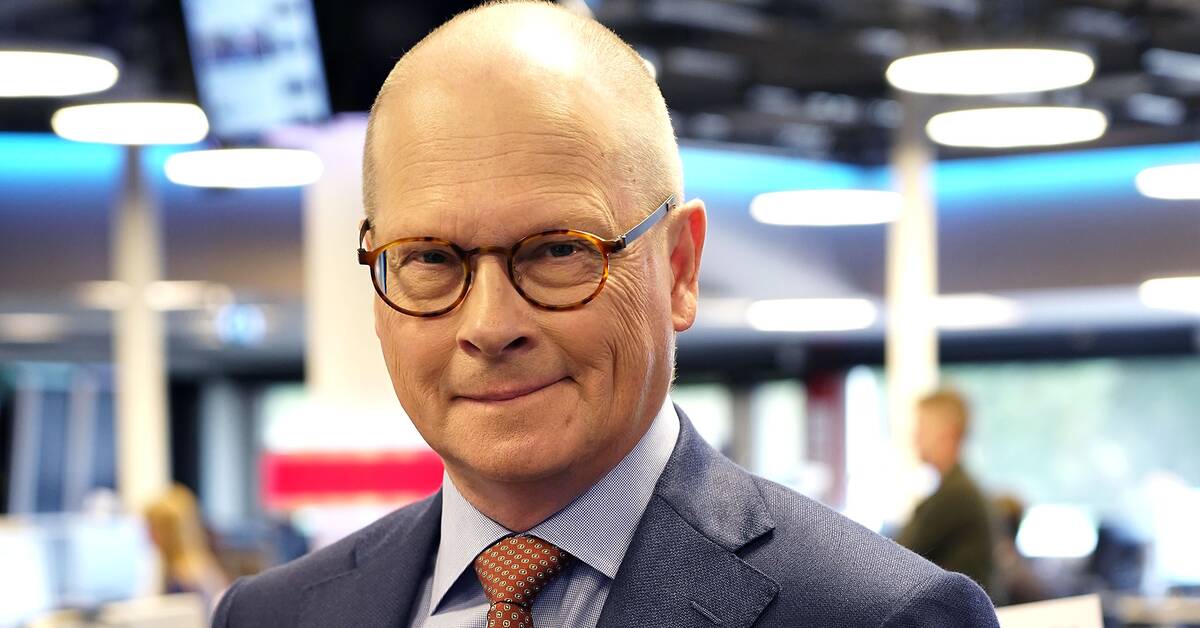The political spring has been completely dominated by the war in Ukraine.
According to observers, a large-scale Russian invasion and an escalated Russian tone towards the outside world have fundamentally changed Sweden's security policy situation.
The NATO issue has emerged as this spring's major political issue and there are many indications that both Sweden and Finland will soon make a decision to submit an application for membership.
The war and its security policy consequences have pushed most of the rest of the domestic policy debate off the agenda.
Yet there is no shortage of domestic political issues;
high unemployment, continued shootings, riots in vulnerable areas, disagreement over pensions and welfare gains.
Right now, however, they are having a limited impact in the debate due to the fact that the public discussion is to such an extent characterized by the war, security policy and the threat against Sweden.
And it has obviously benefited the incumbent government.
Although the voter barometer does not show any significant changes in the past month, it can be stated that the Social Democrats are the party that has increased the most in the spring.
The Social Democrats are the only statistically significant increase between February and May (+2.5 percentage points).
The rise is not surprising.
Incumbent governments often benefit from severe crises, unless major mistakes are made.
The war in Ukraine has forced the Social Democrats to reconsider parts of their policies.
However, the decision to send weapons to Ukraine and the opening of a NATO membership, which was previously considered controversial in a party like the Social Democrats, has not led to any net loss of voters.
The other significant change in voter opinion this spring is the Sweden Democrats' decline (-1.9 percentage point) between February and May.
Shared Russian propaganda
That the Sweden Democrats are backing this period is also not surprising.
International crises often lead to the favoring of the established governing parties.
The moderates, for example, hold the positions.
A party like the Sweden Democrats, on the other hand, can be disadvantaged.
It is not least about the issues that the party has grown up on being overshadowed, such as immigration and crime, but it is also about the party having limited credibility when it comes to governing the country in a crisis situation.
The history of the Sweden Democrats with an sometimes unclear attitude towards Putin's Russia can also be important.
An example is SD leader Jimmie Åkesson's statements just before the invasion where he did not want to choose between US President Joe Biden and Russian President Vladimir Putin.
Another is the SD representatives, who over the years have spoken out or acted in a way that was perceived as pro-Russian, which is not an asset in the Swedish debate right now.
A current example of this is the party's former defense policy spokesman Roger Richthoff, who shared Russian propaganda on social media.
How long-lasting these public opinion effects will be remains to be seen.
It depends a lot on how the domestic political debate develops in the future and not least how long the war in Ukraine will cast its dark shadow over the Swedish debate.

